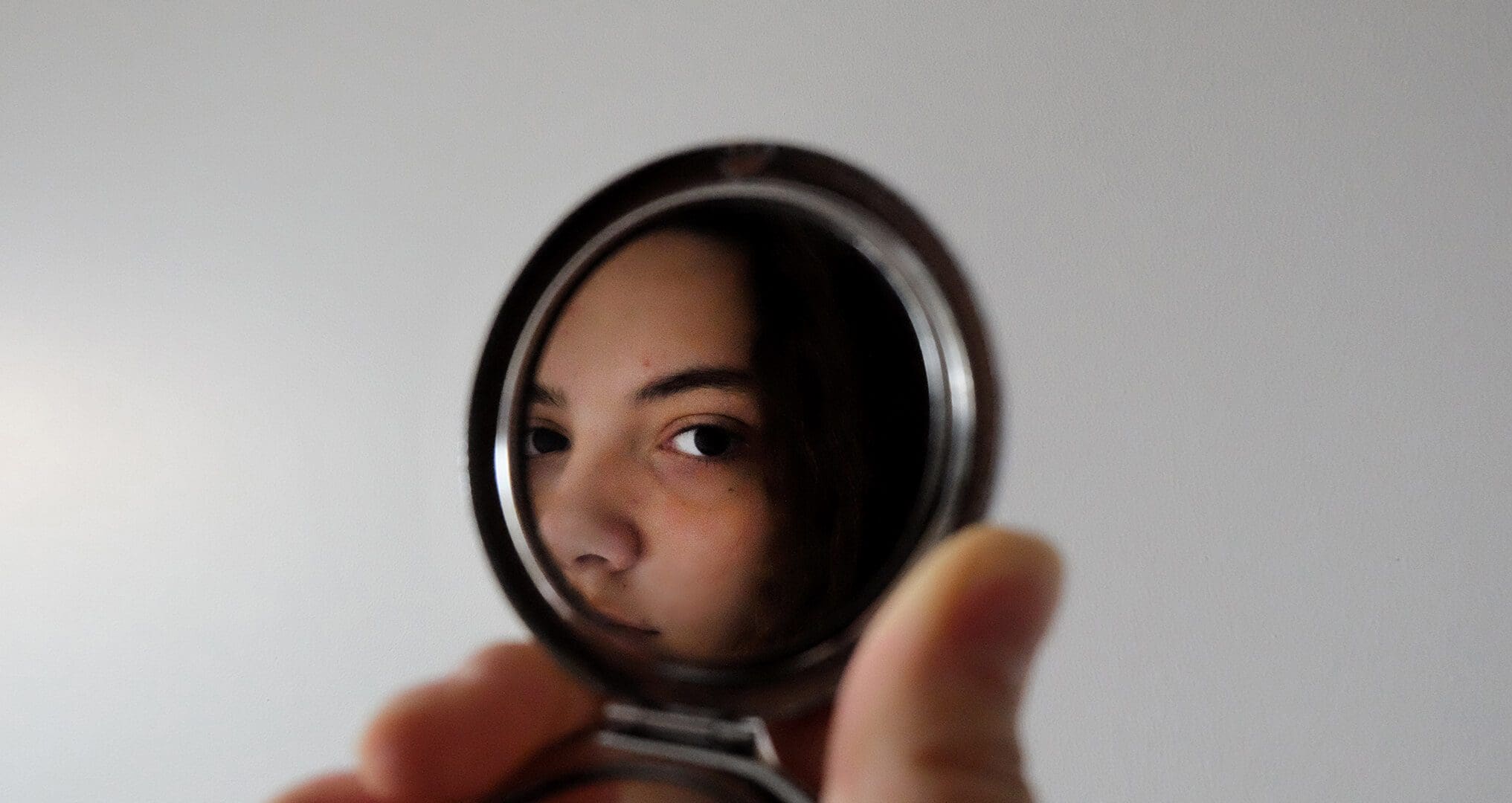Being socially active, eating well, and exercising daily are some of the main factors which help reduce negative self-image. But for some people, these activities simply aren’t enough and their negative self-image affects them on a deeper level.
Negative self image is when someone suffers from a lack of belief and confidence in themselves. Typical symptoms of having a negative self-image include feeling incompetent, unworthy of love, and awkward in social situations. Still, there are many solutions to improve and boost self-image and neurofeedback training from Peak Brain Centers is one of them.
What Causes Low Self-Image?
For men and women, the answer to this question vary greatly since life and experiences often don’t affect the sexes the same. Still, there are some underlying issues and traumatic experiences that can lead to a negative self-image. This type of self-perception typically begins in teenhood and carries over into adulthood if left unchecked.
Traumatic Childhoods
Childhood trauma has been linked to a variety of self-image and self-confidence issues. Psychologist and therapists often treat younger people for their traumatic childhood experiences, often helping them unlock memories or emotions tied to physical, sexual, and emotional abuse. Neurofeedback often has similar results, helping patients sift through their emotions, but giving them the proper regulation in the brian to process and heal from trauma.
Uninvolved Caregivers
Children who’s primary caregivers fail to recognize their needs for affection and affirmation often grow up into adults with negative self-image. That’s because as a child, it’s hard to see yourself striving for more or accomplishing something great when your support system isn’t there cheering you on. This leaves many feeling as though their greatest accomplishments aren’t worth noting, and thus a negative attitude towards self-promotion and celebration follows.
Bullying
Bullying for kids and adults looks different, but it can feel very much the same. Unfortunatley, unresolved bullying with unhelpful parents during childhood can someone to being susceptible to bullying and a negative self-image later in life. Without a support system, bullying can make ordinary places feel unsafe, such as school and home. As a result, kids who experienced bullying often experience feelings of abandonment, self-isolation, self-loathing, and hopelessness.
How Does Neurofeedback Help Boost Self-Image?
Studies suggest that low self-confidence increases the risk of developing mental health problems such as bipolar disorder and major depressive disorder. By using neurofeedback training, researchers have found that the area of the brain responsible for MDD, could very well be the same area of the brain that leads to low confidence.
This only makes sense, since one of the first signs of MDD is a low self-esteem and image. So, by using neurofeedback and functional MRI scans, researches have been able to confidently prove neurofeedback works.
But how?
Well, through years of study, neuroscientists have found that MDD directly correlates with the amount of information passing between the anterior superior temporal (ATL) and anterior subgenual cingulate (SCC) regions of the brain. The lower the activity, the more severe the depression. But, by using fMRI scans and neurofeedback, researchers were able to increase the amount of information or activity shared between the two regions with patients experiencing better moods, more feelings of happiness, and an improvement in their self image.
To read the full study, click here
Ready to Work on Your Self-Image?
Living with a negative self-image can be challenging but definitely manageable with the right support. If you are struggling with your confidence at work, in school, or at home, neurofeedback from Peak Brain Center can help change that. Our team is here to support you through your entire mental health journey, so contact us today for a free consultation. Because a more confident you is waiting!
Photo by Aslı Gönen on Scopio






